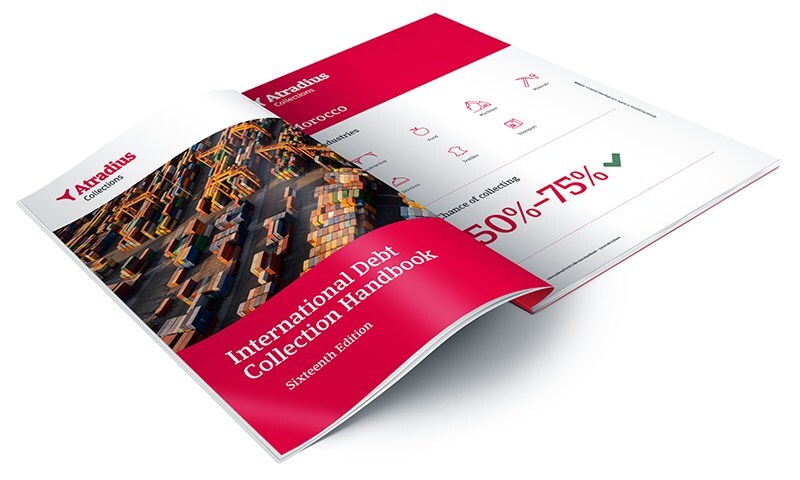Atradius Collections has released the 16th edition of its International Debt Collection Handbook, now covering strategies for managing B2B debt collection across 53 countries. The latest edition adds Bosnia and Herzegovina, North Macedonia, and Serbia, offering multinational businesses guidance in these new markets.
The handbook comes as international trade faces increased default risks, with companies grappling with an unpredictable economic environment. Rising payment delays, complex local regulations, and differences in business culture make debt recovery challenging for businesses with international operations. This latest edition of the International Debt Collection Handbook seeks to assist companies in tackling these issues by providing insights into each country’s debt collection practices, legislation, and effective techniques.
The handbook details a range of collection strategies, from amicable settlements that preserve business relationships while recovering older debts, to formal legal actions intended to address more severe payment issues. Atradius Collections claims the handbook is not only a guide to navigating the legal aspects of debt collection but also a practical resource that helps organisations prevent significant financial losses by optimising their accounts receivable processes.
Rudi de Greve, Global Operations Officer at Atradius Collections, stated: “Our lawyers and collectors have shared a wealth of expertise in this edition. We are confident it will serve as an invaluable resource for businesses, helping them make informed decisions on debt collection across borders.” Since its inception, the International Debt Collection Handbook has been widely regarded as an essential tool for businesses aiming to protect their cash flow in the face of growing global economic pressures.
As trade dynamics continue to shift, the need for robust, country-specific knowledge has become even more critical. Atradius’ guide offers in-depth details of each country’s debt collection environment, enabling businesses to adapt to diverse regulatory landscapes and reduce the likelihood of unsuccessful collections and write-offs. The addition of Bosnia and Herzegovina, North Macedonia, and Serbia brings new opportunities for businesses trading in these regions, where economic challenges and local legal differences demand specialised expertise.
The handbook has evolved into a trusted reference for many businesses navigating the complexities of international debt recovery, helping to minimise risks tied to unfamiliar markets. For companies involved in cross-border trade, having detailed information on everything from cultural practices to legal processes in each target market can be crucial in ensuring successful debt recovery. In the current economic climate, Atradius Collections expects this resource to be a vital tool for companies aiming to mitigate default risks and enhance cash flow stability.
The 16th edition of the International Debt Collection Handbook reinforces Atradius’ position as a leader in providing debt recovery solutions worldwide. With its focus on adapting to shifting global challenges, Atradius hopes the handbook will continue to support companies in navigating the increasingly complex world of international trade and debt management.


